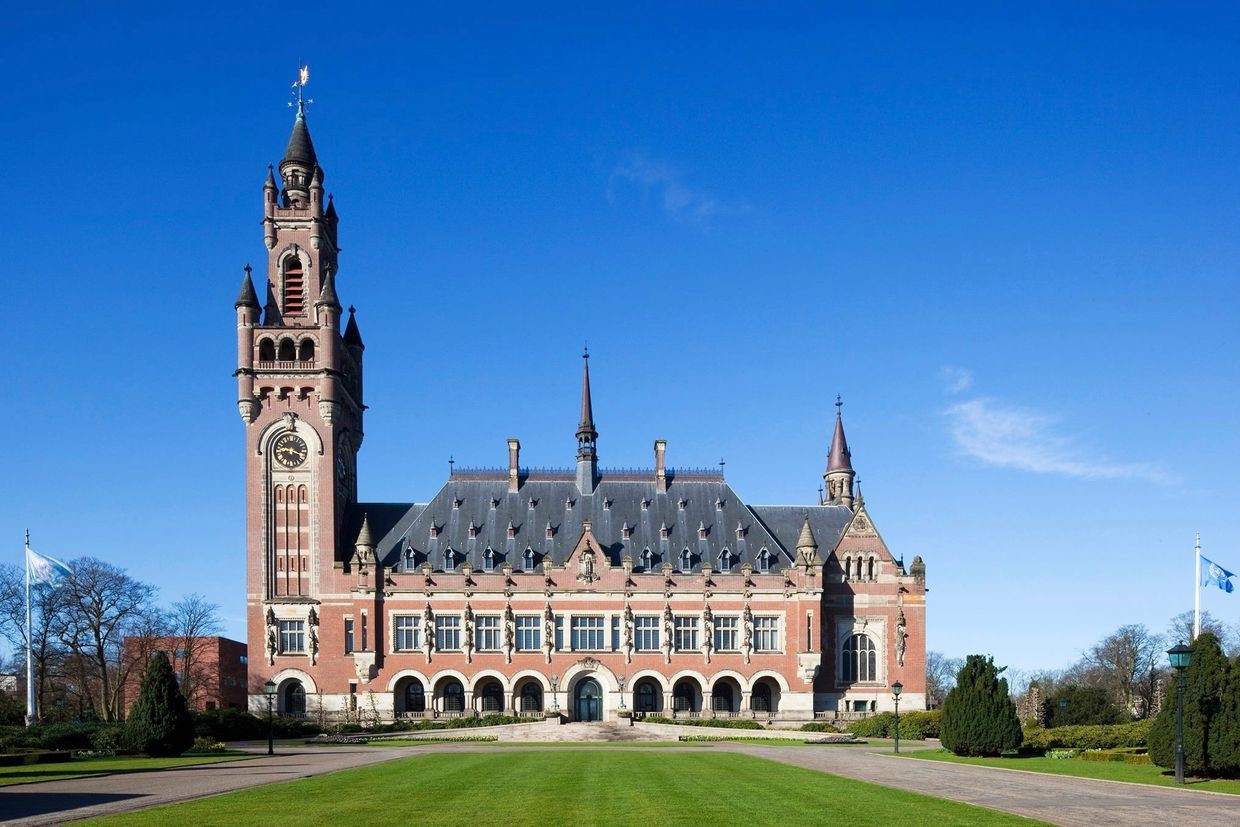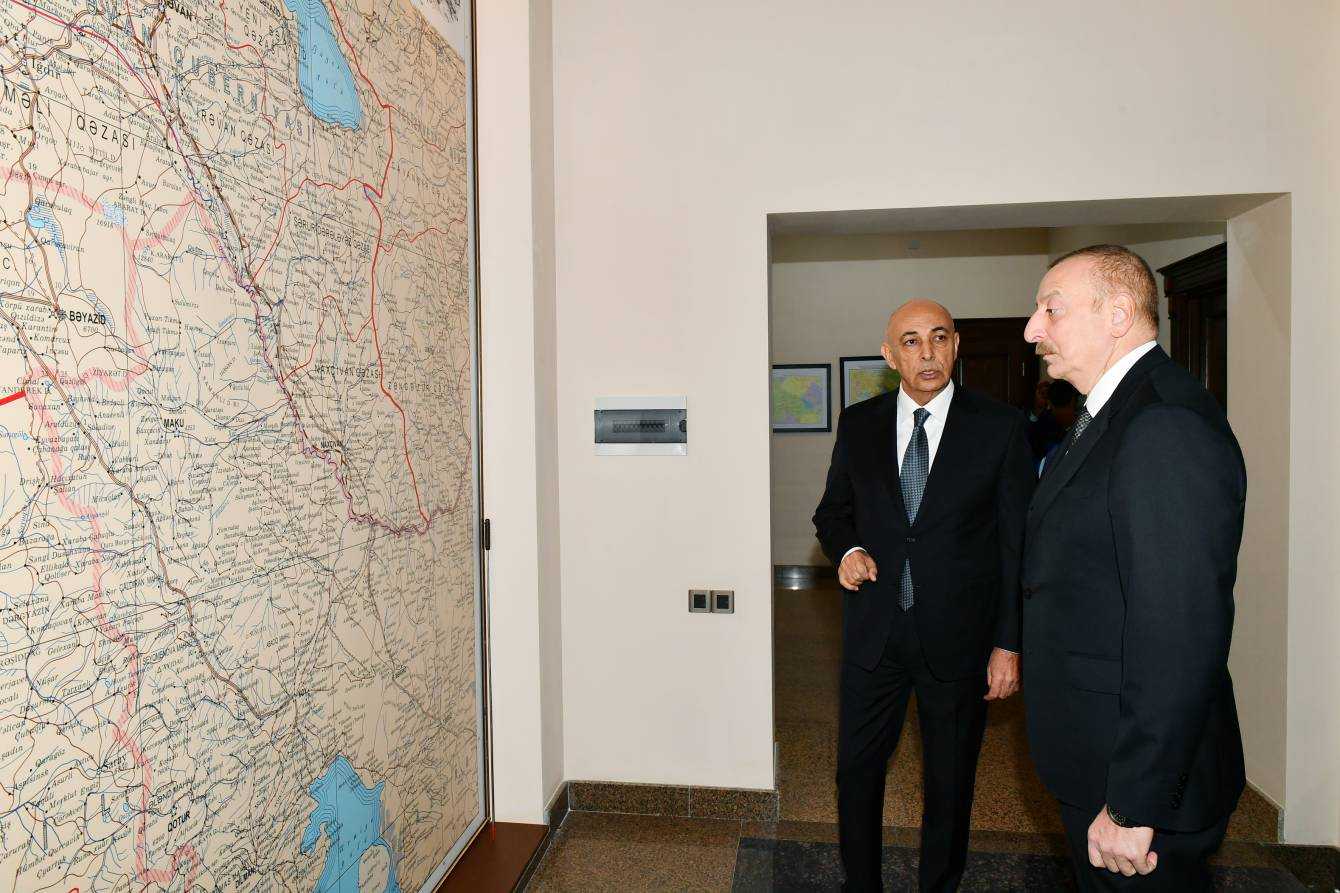Armenia vows to ‘refute’ Azerbaijan’s arbitration accusation of environmental damage in Nagorno-Karabakh

Armenia has vowed to ‘refute’ a Permanent Court of Arbitration claim filed against the country by Azerbaijan over alleged environmental destruction it caused in Nagorno-Karabakh.
In a post on X on Friday, Armenia’s international legal affairs representative, Yeghishe Kirakosyan, called Azerbaijan’s claims ‘baseless’, criticising its ‘preposterous demand for compensation in the arbitration under the 1979 Bern Convention’.
The statement was in response to a claim filed by Azerbaijan at the Permanent Court of Arbitration on 12 February, accusing Armenia of committing multiple violations of its legal obligations under the convention — including the destruction of habitats and species — in Nagorno-Karabakh.
‘This includes widespread deforestation, environmentally unsustainable logging, mining, and construction of hydropower plants […] which negatively affected the hundreds of wildlife species and their habitats native to that territory’, read the statement about the filing of the claim.
Kirakosyan’s office vowed on 12 February to ‘vigorously defend its position in these proceedings’ and to refute Azerbaijan’s ‘baseless claims as well as its demand for compensation’.
‘Contrary to what Azerbaijan suggests, reports by the United Nations Environment Programme and other independent bodies, in fact, make clear that it is Azerbaijan that has engaged in environmental damage in recent years’, read the office’s statement.
It also noted that since joining the Bern Convention, Armenia ‘has remained committed to upholding its commitment to the conservation of the region’s wildlife and preservation of the environment’.
‘Legal warfare’ as a sticking point in peace talks
This claim against Armenia is the latest in a series of legal spats between the two countries in international courts as they push through protracted peace negotiations.
In November 2024, the chair of an Azerbaijani pro-government think tank, Farid Shafiyev, said that three sticking points remain in the peace treaty negotiations: Armenia’s constitution, the expansion of ‘diplomatic and legal warfare’, and the presence of the EU Monitoring Mission in Armenia.
Armenia has previously suggested that both countries could reciprocally drop cases against each other in case of a peace deal.
However, in an interview with RFE/RL, political columnist Rauf Mirgadirov suggested that this legal challenge likely had no serious consequences on the peace talks.
‘In general, I consider this a completely normal process regarding the demand for compensation. But their preparation and presentation have no direct relation to the peace talks. The issue of compensation is already being discussed in the peace talks’, he said.
Mirgadirov added that he believed that such claims can be resolved peacefully, either through a court verdict or the mutual renunciation of claims.
On 10 February, Prime Minister Nikol Pashinyan published an article reiterating previous calls for the signing of a peace treaty based on already agreed upon articles, which he said was ‘sufficiently weighty and mature for signing’.
Earlier in February, Pashinyan also said that his government was not against dropping legal cases against Azerbaijan, ‘but our proposal is not only to call back these complaints, but also not raise these issues in bilateral relations’.
‘Otherwise, a strange situation may arise when, for example, an issue is called back from an international institution, but one of the parties tries to put this issue on the table in bilateral relations and one of the parties could use this issue to provoke an escalation. In that case, it will no longer be possible to transfer this issue to international institutions’, Pashinyan said.










